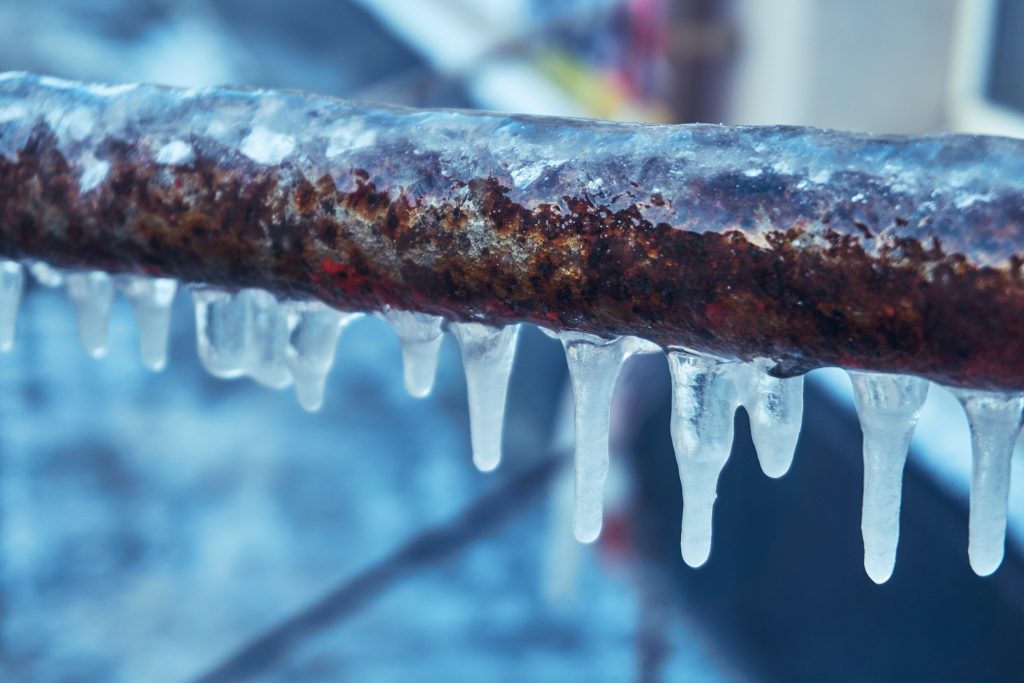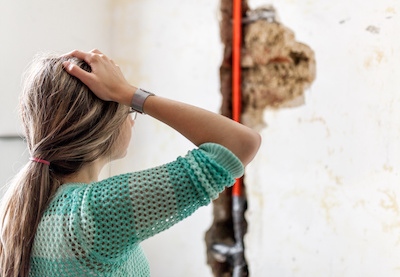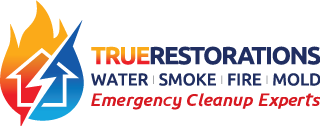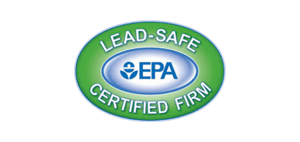 Frozen pipes not only cause an inconvenience but can potentially lead to significant water damage to a home or business. When water freezes it expands, water contained within a pipe that becomes frozen can cause the pipe to develop a hole or tear in the pipe or a crack in a pipe fitting. This would normally cause a pipe to leak immediately as the water in the pipe is under pressure. Due to the formation of ice, the pipe break will not show itself as a water leak but rather as no water flowing at all to one or more of your water fixtures. If your water main has a frozen section you will likely lose water to your entire home.
Frozen pipes not only cause an inconvenience but can potentially lead to significant water damage to a home or business. When water freezes it expands, water contained within a pipe that becomes frozen can cause the pipe to develop a hole or tear in the pipe or a crack in a pipe fitting. This would normally cause a pipe to leak immediately as the water in the pipe is under pressure. Due to the formation of ice, the pipe break will not show itself as a water leak but rather as no water flowing at all to one or more of your water fixtures. If your water main has a frozen section you will likely lose water to your entire home.
 When your frozen pipe begins to thaw out and broken or compromised area will begin to leak immediately, often with great volume & intensity. To make matters worse, these broken pipes are mostly hidden behind sheetrock or are located in crawlspaces or other remote areas making their discovery & eventual repair time-consuming & difficult. Additionally, when you have one frozen pipe, you often have multiple locations of pipe that are frozen, and discovering all of these can be very time-consuming & costly to repair & replace the affected finishes that were removed for access.
When your frozen pipe begins to thaw out and broken or compromised area will begin to leak immediately, often with great volume & intensity. To make matters worse, these broken pipes are mostly hidden behind sheetrock or are located in crawlspaces or other remote areas making their discovery & eventual repair time-consuming & difficult. Additionally, when you have one frozen pipe, you often have multiple locations of pipe that are frozen, and discovering all of these can be very time-consuming & costly to repair & replace the affected finishes that were removed for access.
Below are a few tips and tricks on what to do when you have a frozen or burst pipe & how to prevent the pipes from freezing in the 1st place.
Quick tips to take to prevent frozen pipes:
- Maintain heat in your structure. If you lose heat, pipes can freeze quickly.
- Allow water to drip from the faucets. Running water, even a trickle, will slow down the pipe-freezing process
- Open cabinet doors so warm air can reach under sinks where exposed pipes are typically located
- Seal up any holes or gaps with caulking or spray foam at locations such as where pipes run through the walls, floors & cabinets. Cold air blowing against water pipes (especially copper pipes) will quickly freeze pipes
- Insulation of pipes or areas surrounding pipes in areas where water pipes are exposed to cold outside temperatures (crawlspaces & garages)
- Install electronic heat cables (a.k.a. “heat tracers”), which are thermostat controlled and designed to activate when a temperate drop in the pipe is detected and shut off when desired warming temperature is met. Note: these devices require an electrical connection.
Quick Tips on what do you do if your pipe freezes or bursts
- Shut your water main valve off. This is usually located in the front of your home facing the street. Oftentimes located in a basement or crawlspace of a utility closet.
- Call a plumber to help unfreeze the pipe and to be on the scene in case any leaks occur during thaw out.
- When you have a full-on water leak from a burst pipe, consider calling a full-service water restoration contractor instead of just a plumber. The restoration contractor can not only fix your pipe but can also assist with the cleanup, dry down, insurance claim & repairs of all affected finishes needed.
For more helpful information, read our page on water damage restoration.
The True Restorations Team

























